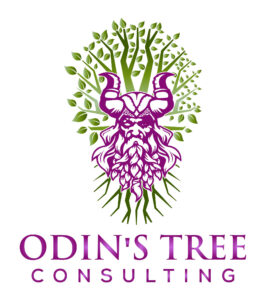As an HR executive, I have witnessed firsthand the weight that professional certifications like the Professional in Human Resources (PHR) can carry in the business world. However, I am also privy to the fact that these certifications, while valuable, are not always a true indicator of competency.
The PHR certification, offered by the HR Certification Institute (HRCI), is a recognized credential in the field of human resources. It is designed to validate the professional’s ability to master the technical and operational aspects of HR management, including laws and regulations. Passing the PHR exam is certainly an achievement, but does it necessarily equate to competency in the field? Not always.
Firstly, the PHR certification, like many others, is primarily knowledge-based. It tests an individual’s understanding and retention of information. However, the real world of human resources is not a written exam; it is a dynamic environment that requires not just knowledge, but also critical thinking, decision-making, and interpersonal skills. These are traits that cannot be accurately measured by a certification exam.
Secondly, the PHR certification does not take into account an individual’s experience. A newly certified PHR may not have the practical experience to effectively apply the knowledge they have gained. Experience is a vital component of competency in any field, including HR. It is through experience that individuals learn to navigate the complexities of the workplace, manage diverse personalities, and make sound decisions under pressure.
Moreover, the PHR certification does not guarantee an individual’s commitment to continuous learning. The field of human resources is continually evolving, with new laws, technologies, and best practices emerging regularly. A competent HR professional is one who stays abreast of these changes and continually updates their knowledge and skills.
Lastly, the PHR certification does not measure an individual’s emotional intelligence, a critical trait in the field of human resources. HR professionals deal with people, their emotions, their problems, and their aspirations. They need to have a high level of emotional intelligence to empathize with employees, understand their needs, and help resolve their issues. A certification cannot measure these soft skills.
While the PHR certification is a valuable credential that can enhance an HR professional’s resume, it is not always a true indicator of competency. Employers should look beyond certifications and consider a combination of knowledge, experience, commitment to continuous learning, and emotional intelligence when evaluating an HR professional’s competency.




